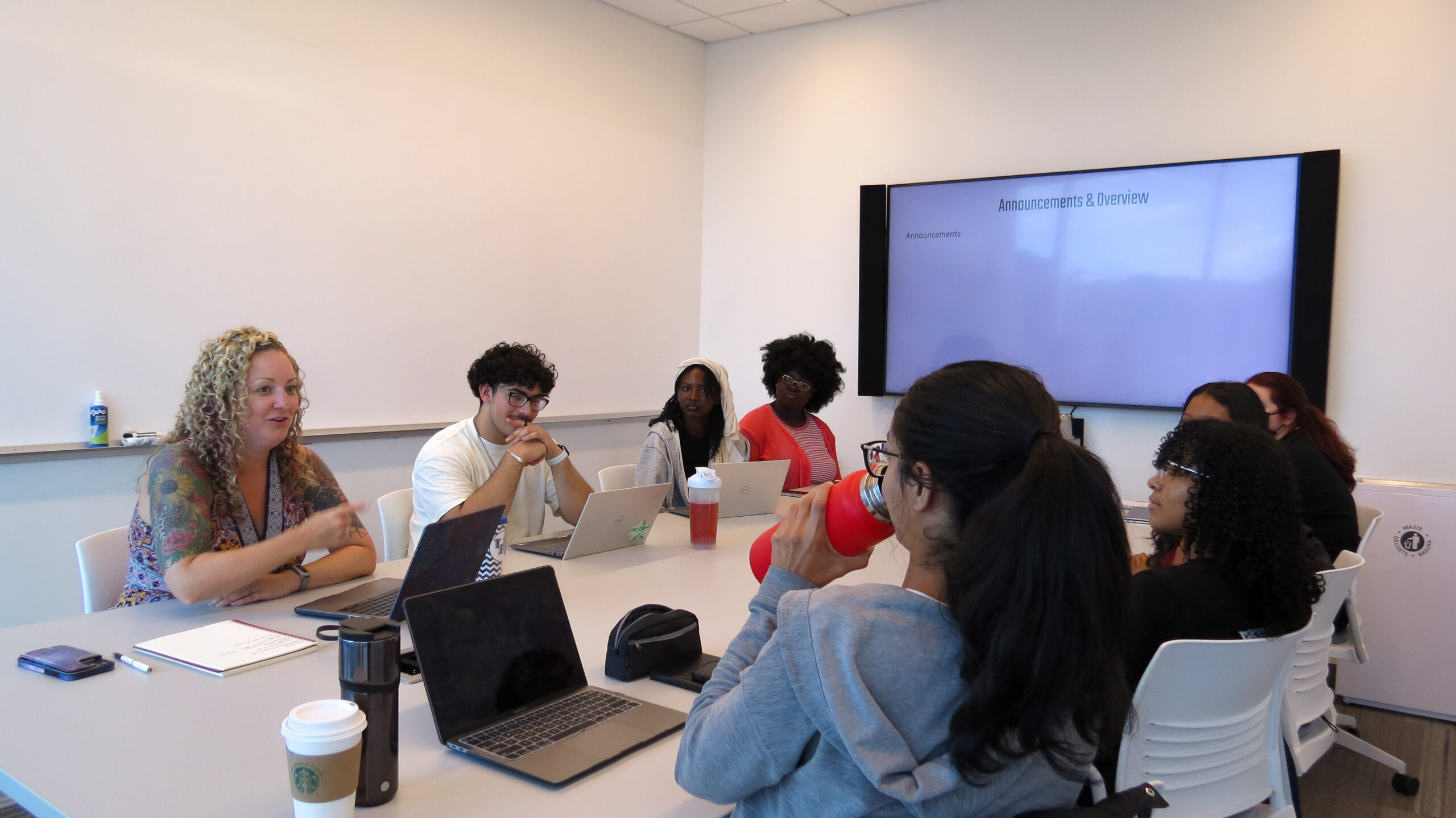Associate professor of chemical engineering Samantha Meenach was awarded a $1.4 million grant from the National Institute of Health to form the Enhancing Science, Technology, EnginEering, and Math Educational Diversity program (ESTEEMED).
This program will push students with disadvantaged backgrounds into the field of research in various bioengineering and bioscience research disciplines at the University of Rhode Island.
The program offers an annual $10,000 stipend for first-year students and a $12,000 stipend for second-year students. Before recipients come to the URI, they participate in a 5-week bridge program before the academic year, according to Meenach. Once the academic year begins, students will undergo seminars, research training, required study hours and mentoring to engage them in research.
The overall goal of the program is to diversify these fields of research and inspire students to pursue advanced research, according to Meenach.
Once recipients finish their sophomore year, they will experience a full-time summer research opportunity. This can be pursued through URI or through another university.
Once recipients are third and fourth-year students, they will participate in advanced research projects independently. Mentors support students in these initiatives.
Meenach, who has other appointments as a professor in biomedical and pharmaceutical sciences, worked with assistant professor of chemical engineering Ryan Poling-Skutvik to form a proposal for this grant. The proposal was submitted to the NIH and the money was received in the late spring of 2023.
Once the grant was given, Meenach and Poling-Skutvik worked with the talent development program to seek out qualified and interested students. After a simple application process, nine students applied and five were selected.
After finishing their undergraduate degrees, students will have guidance in applying to graduate programs. According to Poling-Skutvik, students are committed to joining another NIH-funded program. The program, titled the Maximizing Access to Research Careers- Undergraduate Student Training Academic Research, also has a purpose in diversifying biomedical research fields. Through this program, they can prepare and plan to attend graduate school for research.
During the summer, the first five recipients of the grant were able to experience hands-on science. According to Poling-Skutvik, students worked with microscopes to observe microorganisms from ponds here on campus. Students also learned about crystallizing proteins through working with fountain pens. The goal is to probe their interests in science.
Student recipients of the grant are based on standards determined by the NIH. They are chosen based on their ethnic or racial group, disability status or socioeconomic status.
The University’s vast resources helped them in obtaining this grant, according to Poling-Skutvik.
“The University of Rhode Island’s a leader in the country,” Poling-Skutvik said. “We have this incredibly unique program and we’re able to support students from freshmen all the way through senior year.”
As a first-generation college student, Meenach emphasized the importance of diversity in STEM fields that can feel daunting. According to her, there are fewer people from those backgrounds who participate in STEM research.
“I think science suffers from the ivory tower syndrome,” said Poling-Skutvik. ”Breaking that down is one of the key barriers to getting people interested in science.”
Student recipients are also chosen based on their passions, according to Meenach. While looking over applications, students who allude to interests in problem-solving, improving the world and helping other people, stand out over others.
“That’s what research is when you really think about it,” said Meenach.
Meenach and Poling-Skutvik will continue fostering their cohort of five students through their academic year, and will gain new applicants in the following ones.

